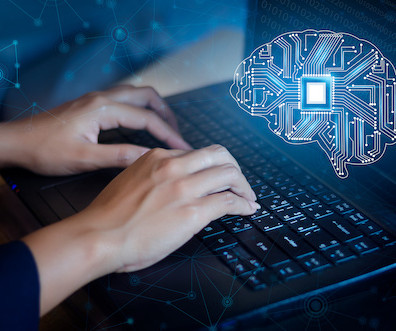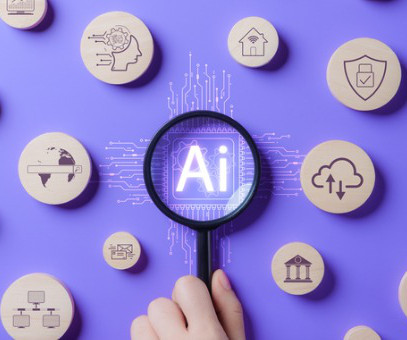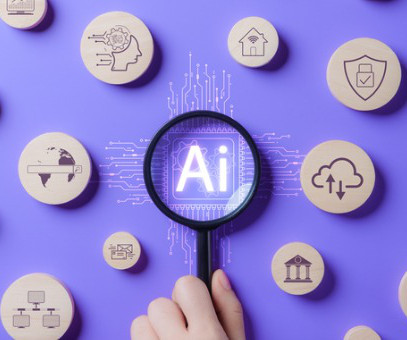Elmwood School: Where Girls Rise with Confidence, Curiosity and Global Vision
k12 Digest
MAY 28, 2025
There was no fanfarejust a vision, a small classroom, and a deep belief in what girls could achieve when given the right environment to grow. What makes this continuum so effective is how it blends critical thinking with character education. Critical thinking isnt something we teach once, says Ms. Meadowcroft.














Let's personalize your content